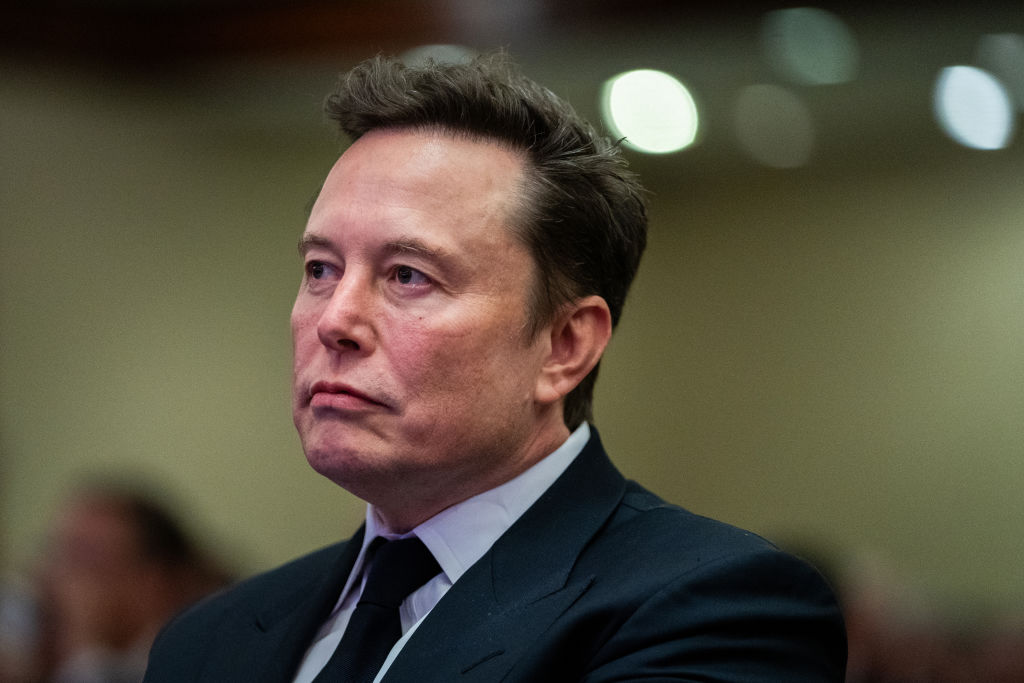President-elect Donald Trump formally announced the creation of the Department of Government Efficiency, also known as DOGE. Billionaire Elon Musk and former presidential candidate Vivek Ramaswamy will spearhead the entity and work together to “pave the way” for Trump’s administration to “dismantle Government Bureaucracy, slash excess regulations, cut wasteful expenditures, and restructure Federal Agencies,” explained the president-elect. The US government maintains a roughly $7 trillion budget, so it should not be too challenging for DOGE to uncover massive amounts of waste. But will it improve the country’s fiscal condition?
Where DOGE Can Snoop
This past summer, the Congressional Budget Office (CBO) released an eye-opening report that concluded nearly 1,300 federal programs and bureaus faced expired authorizations but continued receiving half a trillion dollars in funding for fiscal year 2024.
The Government Accountability Office (GAO) reported in 2022 that the United States wastes $247 billion annually. Additionally, the GAO projected that the federal government lost approximately $2.4 trillion over the last 20 years because of basic payment mistakes, be it overpayments, underpayments, or unknown payments.
Each year, Sen. Rand Paul (R-KY) releases his “Festivus” report, highlighting egregious examples of waste. The 2023 edition uncovered $900 billion in taxpayer money poured down the drain, including $477,721 for transgender monkey research, $3.8 million to probe pandemic-era misinformation exposure on social media among black and rural communities, and $170 million that the Department of Defense tossed out the window by improperly storing engines, military tanks, and transmissions.
Previous installments, such as $2.1 million to encourage Ethiopians to wear shoes, $1.1 million to get mice drunk, and $187,500 to determine whether children love their pets, triggered fiscal conservatives to faint on their couches and sport a lukewarm towel on their foreheads. Indeed, over the years, Paul’s Festivus and other reports have circulated revealing government departments misusing funds, from the US military purchasing soap dispensers for aircraft at more than 80 times the commercial price to the Pentagon spending $8,395 to buy a lobster tank.
Of course, what about the major programs that contribute overwhelmingly to the annual budget?
No Word on the Big Guns
The challenge behind balancing the budget is that two-thirds of annual outlays are dedicated to mandatory spending, including Social Security, Medicare, and Medicaid. These programs are becoming more expensive due to inflation, requiring more resource allocation from cash-strapped taxpayers.
For now, DOGE has yet to suggest holding the magnifying glass over the untouchables. Trump has stated that neither he nor the Republican Party will cut a penny from Social Security, which faces an eternal shortfall of $63 trillion and is a decade away from insolvency. That said, the transition team, including co-chair Howard Lutnick, suggests correcting the fiscal imbalance by addressing the enormous waste and unleashing economic growth.
Even if the US economy registered 4% growth, double the CBO’s long-term baseline estimate, it would still struggle to reverse the deficit or trim the debt-to-GDP ratio, which is already at or near 100%. Why? Policymakers can never reform the elephants in the room, as doing so would be political suicide and ensure ballot box defeats in any election cycle.
And then what about the $1 trillion in annual interest payments? This is perhaps the most significant waste because it is money spent without getting anything in return.
Ultimately, focusing on initiatives like the US Agency for International Development’s $6 million promotion of tourism in Egypt is commendable and welcomed by taxpayers. At the same time, however, it pales compared to the $6.4 trillion the federal government will spend on mandatory expenditures by 2034.
Hurling Snowballs
In personal finance, indebted individuals may employ the snowball method. This strategy consists of paying down your smallest debts first and then repeating the step until you are debt-free. Ancient financial wisdom dictates that the dollars will follow if you watch the pennies. So, while eliminating $20,000 for drag queen shows in Ecuador may not help balance the federal budget, it is one step toward restoring fiscal sanity in the nation’s capital and respecting millions of taxpayers. The minds behind DOGE want to slash spending by $2 trillion. It is a lofty endeavor, but prying taxpayer dollars from bureaucrats is like stepping in the ring with Mike Tyson for a Netflix special.
As legendary economist Milton Friedman once quipped, “Hell hath no fury like a bureaucrat scorned.”




